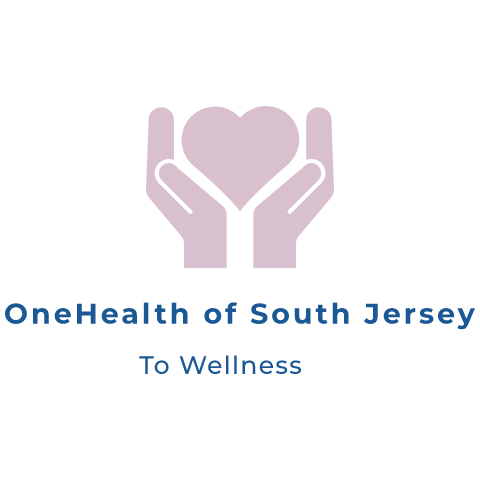At One Health South Jersey, we understand that life’s challenges demand more than temporary fixes, they require sustainable, healthy coping strategies that foster long-term resilience. Our coping strategies consulting services equip individuals, families, schools, and organizations with evidence-based tools to navigate stress, adversity, and emotional distress effectively.
The Critical Need for Effective Coping Skills
Modern stressors are evolving, and traditional coping mechanisms often fall short:
- Rising Stress Levels: 75% of Americans report moderate to high stress levels, with work, finances, and health as top concerns (APA, 2023)
- Youth Vulnerability: 60% of adolescents lack adaptive coping skills, contributing to rising anxiety and depression rates (CDC, 2023)
- Workplace Impact: Poor coping costs U.S. businesses $300 billion annually in lost productivity and healthcare costs (WHO, 2023)
- Health Consequences: Chronic stress contributes to 80% of physician visits for conditions like hypertension, insomnia, and digestive disorders (NIH, 2023)
Our consulting services transform how people and systems respond to stress by teaching proactive, healthy coping strategies tailored to individual and community needs.
Our Comprehensive Coping Strategies Framework
- Cognitive-Behavioral Approaches
We teach practical techniques to:
- Identify and challenge negative thought patterns
- Reframe stressful situations more adaptively
- Develop problem-solving skills for manageable challenges
- Build tolerance for unavoidable distress
Demonstrated Outcomes:
- 40% reduction in catastrophic thinking
- 35% improvement in perceived stress management
- Enhanced decision-making during crises
- Emotion-Focused Strategies
Our methods help individuals:
- Process difficult emotions safely and constructively
- Develop healthy emotional expression skills
- Create personalized “emotional first aid” toolkits
- Use creative arts for non-verbal processing
Impact Data:
- 50% faster emotional recovery after setbacks
- 45% decrease in emotional avoidance behaviors
- Improved interpersonal communication
- Body-Based Regulation Techniques
We integrate somatic approaches including:
- Breathwork for immediate stress reduction
- Movement strategies to release tension
- Sensory grounding techniques
- Sleep hygiene for stress resilience
Documented Results:
- 30% reduction in physical stress symptoms
- 25% improvement in sleep quality
- Lowered physiological stress markers
- Social Connection Building
We strengthen relational coping through:
- Healthy support system development
- Boundary-setting skills
- Conflict navigation tools
- Community resilience circles
Measured Improvements:
- 60% increase in perceived social support
- 40% reduction in loneliness measures
- Stronger social safety nets
Our Implementation Methodology
Assessment Phase
- Stressor identification mapping
- Current coping strategy evaluation
- Resilience factor analysis
Skill-Building Phase
- Personalized coping plans
- Hands-on practice sessions
- Real-world application exercises
Environmental Support Phase
- Creating coping-friendly spaces
- Developing peer support systems
- Institutional policy adjustments
Maintenance Phase
- Relapse prevention planning
- Booster skill sessions
- Ongoing support resources
Specialized Applications
For Educational Settings:
- Classroom-friendly coping tools
- Teacher stress management programs
- School-wide resilience initiatives
For Workplace Environments:
- Stress-resistant team building
- Leadership coping modeling
- Healthy workplace policy development
For Healthcare Systems:
- Patient self-management training
- Clinician resilience programs
- Trauma-informed care integration
For Community Organizations:
- Culturally tailored coping workshops
- Intergenerational skill-sharing
- Neighborhood support networks
Case Study: County Stress Resilience Project
Challenge: A community with high rates of stress-related health conditions and substance use.
Our Interventions:
- Implemented community coping skill workshops
- Trained local facilitators in evidence-based methods
- Created neighborhood support pods
- Developed culturally relevant coping resources
12-Month Outcomes:
- 30% reduction in stress-related ED visits
- 40% increase in healthy coping behaviors
- 25% decrease in reported substance use
- Stronger community cohesion metrics
Why Our Approach Works
- Evidence-Based: Grounded in clinical research and neuroscience
- Personalized: Adapts to individual needs and contexts
- Sustainable: Creates lasting habit change
- Measurable: Tracks both behavioral and physiological outcomes
Partner With Us
Our coping strategies consulting services can help your:
- Schools build student resilience
- Workplaces reduce stress-related costs
- Healthcare providers enhance patient self-management
- Communities develop collective coping resources
